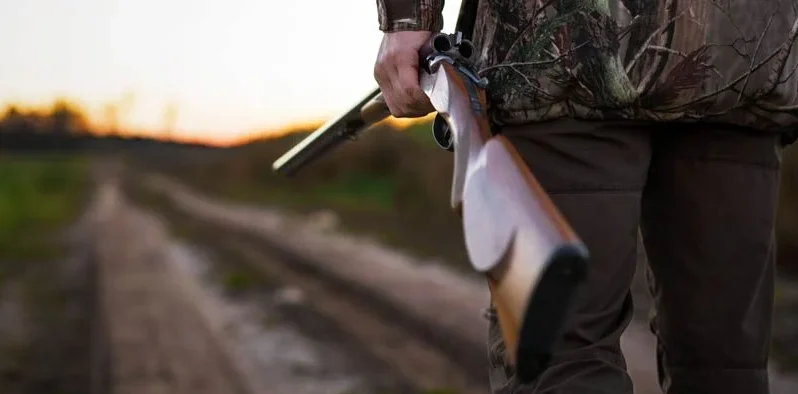
24 Apr 2024 EU “Firearms” Regulation revised
On 23 April 2024, the European Parliament voted in favour of the recast1 to the EU Firearms Regulation, officially known as Regulation 258/2012 on import, export and transit measures for firearms, their essential components and ammunition. The text voted on was already agreed upon during the inter-institutional negotiations (the so-called trilogue) between the European Parliament and Council (governments) negotiating teams. The Council is now expected to give a green light to the text in the upcoming weeks.
The new text establishes simplified procedures for EU hunters, sport shooters and historical reenactors travelling outside the EU with their firearms (and ammunition). Similar provisions are already present in the current Regulation 258/2012. The novelty is represented by the introduction of a single import authorisation, which is a simplified procedure for hunters, sport shooters, and historical reenactors travelling into the EU with their firearms and ammunition (art.11).
This is an important step to ensure that there is a single import authorisation procedure in place, but it is also a missed opportunity for simplification. The requirements for an individual travelling into the EU with firearms can be quite burdensome as he/she has to provide:
- Information on the planned exit point and exit date of the firearms;
- A proof or statement of the absence of a criminal record concerning conduct constituting an offence listed in Article 2(2) of Council Framework Decision 2002/584/JHA,or concerning any other conduct provided that it constituted an offence punishable by a maximum penalty of at least four years of imprisonment amongst other information he/she has to provide.
According to the newly adopted text, Member States may still grant a national general import authorisation in specific cases where hunters, sport shooters and historical reenactors have been invited to an activity on the premises of an organiser. In this case, these individuals need to comply with the terms and conditions defined in the national general import authorisation. In practical terms, hunters will have the choice of applying for an EU import authorisation (and complying with the requirements listed above) or applying for a national import authorisation.
It is important to keep in mind that art. 11.6 gives the power to the European Commission (by means of implementing acts) to specify the minimum requirements of the terms and conditions to be included in the national general authorisations so this will lead to a certain degree of harmonisation for national import authorisations. It remains to be seen how this will impact those Member States where a simplified procedure for non-EU hunters, sport shooters and historical reenactors travelling with their firearms and ammunition is in place.
1- The recasting of legislation means the adoption of a new legal act, when an amendment is made to a basic instrument. The result is a single, legally binding act incorporating the initial legal act and any amendments to it.

